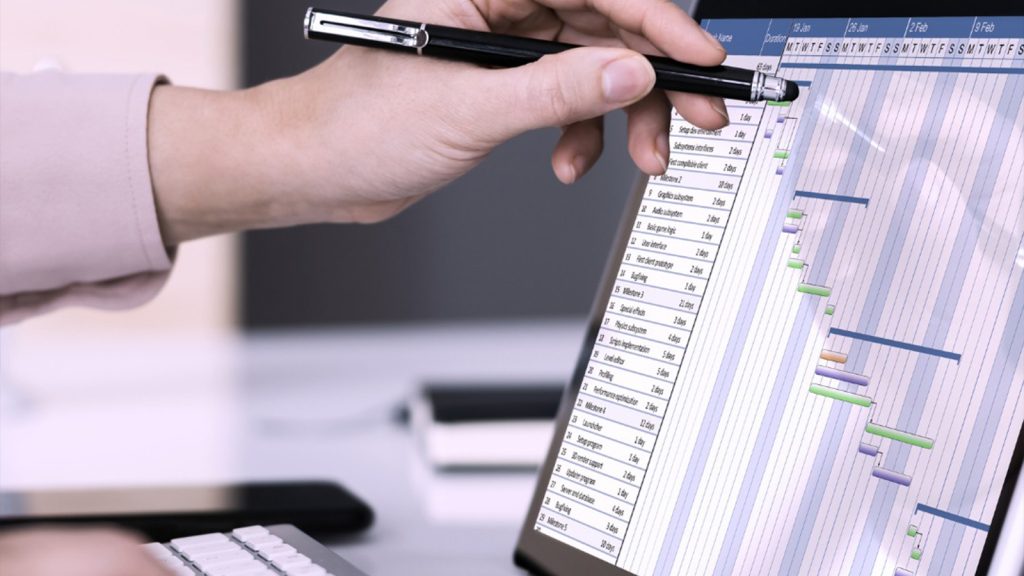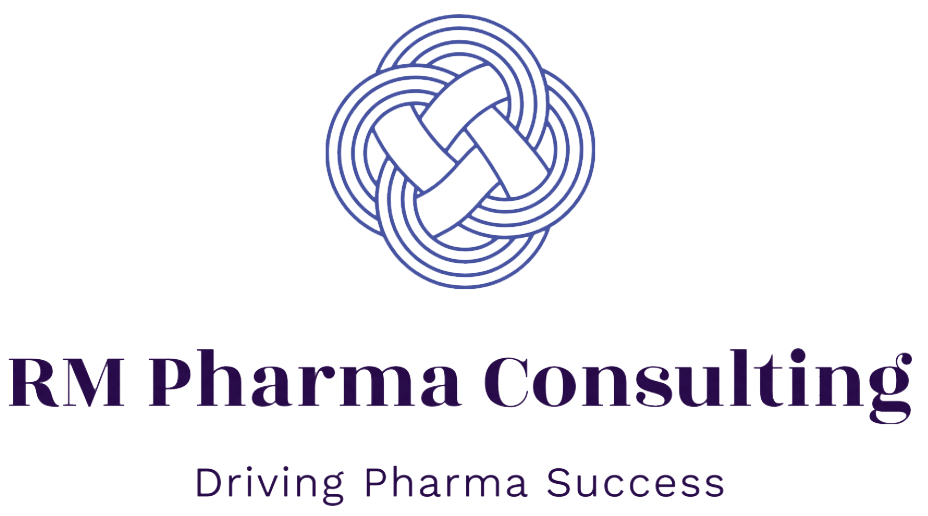Technical Project Management
Communication
Time Management
Scope Management
Quality Management
Project Planning
Leadership
Stakeholder Management
Techanical Project Management
Project Planning
The ability to create a comprehensive project plan with clear objectives, schedules, budgets, and resource allocation.
Scope Management
Skill in defining and controlling the project’s scope to prevent scope creep and maintain focus.
Time Management
Proficiency in creating realistic schedules and managing project timelines to meet deadlines.
Communication
Effective communication skills to convey project goals, progress, and issues to stakeholders and team members.
Stakeholder Management
Capacity to identify, engage, and manage project stakeholders’ needs and expectations.
Leadership
Strong leadership skills to guide and motivate the project team towards achieving project goals.
Quality Management
Ability to establish and maintain quality standards, ensuring project deliverables meet quality criteria.
Delivering Success on Time and Budget

RM Pharma Consulting can help you maintaining control over project scope, time and cost. By working closely with relevant stakeholders to understand their requirements and expectations I can assist you defining a realistic project scope, nevertheless I help to ensure that scope remains well defined and realistic to prevent scope creep, which can lead to timeline delays and cost overruns.
Why Choose
RM Pharma Consulting?
Project planning, resource- and budget management
Project planning involves creating a roadmap that outlines the tasks, timelines, and milestones required to achieve project objectives. Resource and budget management ensure that the project is allocated with the right personnel, materials, and funds to execute efficiently while adhering to financial constraints.
Monitoring/Management of the project's technical implementation
Monitoring and management of the project’s technical implementation involve overseeing the execution of technical tasks, ensuring they adhere to the project’s specifications and quality standards. This process includes continuous tracking of progress, identifying bottlenecks, and implementing corrective actions to keep the project on track and within scope.
Risk Management
Risk management involves identifying, assessing, and mitigating potential threats that could impact a project’s success. By proactively addressing uncertainties and implementing contingency plans, organizations can minimize negative impacts and enhance project outcomes.
